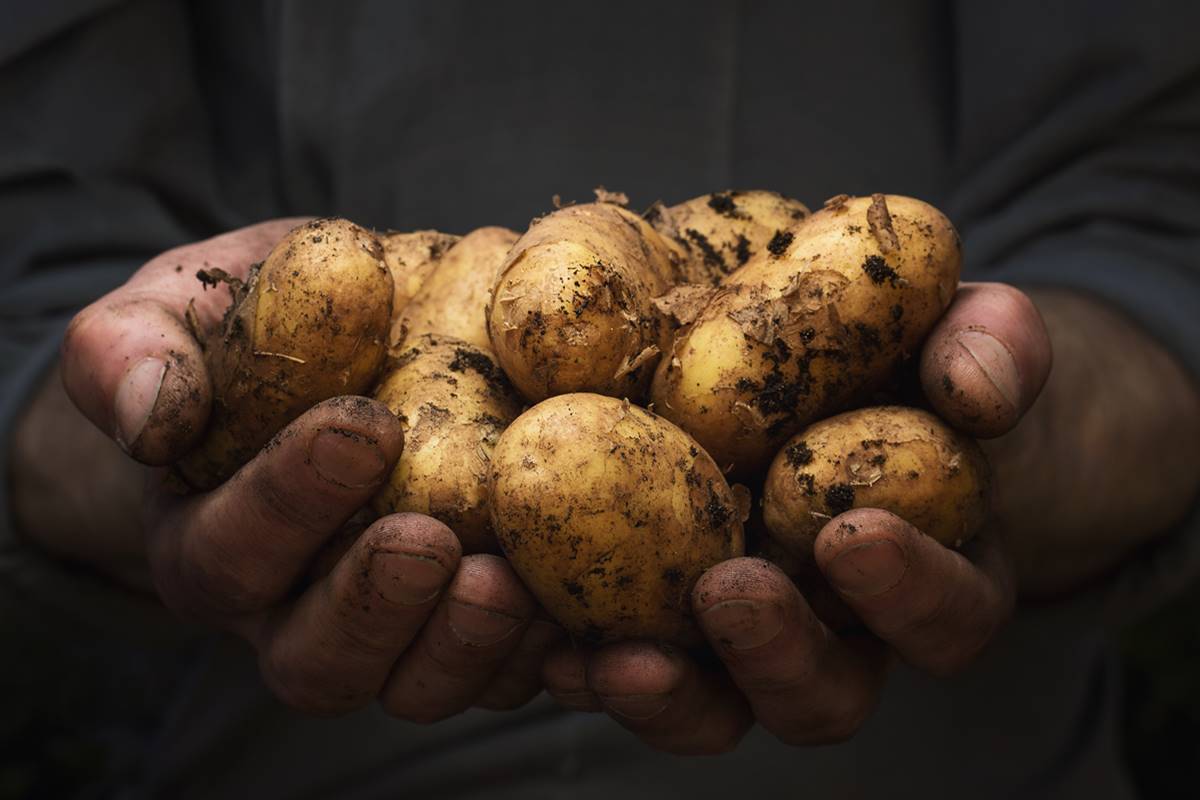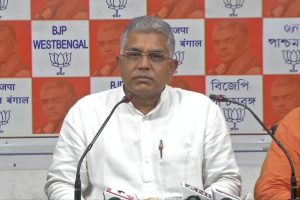The West Bengal Cold Storage Association drew the attention of farmers, consumers, and the general public to the severe damage caused by the recent ban on the inter-state movement of potatoes from the state.
In West Bengal, potato production has traditionally been consumed in a 60:40 ratio, with 60 pc consumed within the state and the remaining 40 pc traded with other states.
However, due to the state’s recent apprehensions over potential shortages in potato stocks stored in cold storage units, a complete ban was imposed on the inter-state movement of potatoes, irrespective of the variety of potato being traded, alleged
the association members during a media conference.
The potato varieties primarily consumed within Bengal are Jyoti and Chandramukhi, while other varieties grown in areas such as Bankura, Medinipur, parts of Bardhaman (Guskara block), and Hooghly (Goghat block) are typically traded in neighbouring states.
” This ban has caused a massive disruption in these regions, where large stocks of potatoes are now being held in cold storage units, threatening to go unsold before the new crop arrives at the end of December 2024. Should these stocks remain in cold storage even after the new harvest, there is a risk of spoilage, which would result in significant financial losses for both farmers/hirers and cold storage operators,” the Association in a release pointed out.
Association Vice -President Subhajit Saha said, “The ban on inter-state potatoes movement is causing irreparable damage to the cold storage industry in West Bengal.
The cold storages in South Bengal, particularly in Bankura, Medinipur, and parts of Bardhaman and Hooghly, are facing the full brunt of this decision. With large stocks
of potatoes lying unused, farmers, especially small and medium-sized ones are left with no recourse. The cold storage industry is already facing a challenge with low occupancy rates, and this restriction is further exacerbating the crisis. If these stocks are not cleared, it will lead to distress sales and spoilage, devastating both the potato growers and the rural economy.”
He further added, “The cold storage system plays a vital role in ensuring stable potato prices and minimizing the wastage of crops. The current situation threatens the livelihood of many, and unless the ban is reconsidered, we fear the consequences will be disastrous for both the economy and the farmers of West Bengal.”
The cold storage industry in West Bengal has already been struggling with capacity utilization issues, and this ban has the potential to worsen the situation, particularly in the South Bengal region.
Cold storage operators and farmers are deeply concerned about the potential monetary losses if the situation is not addressed immediately.
The West Bengal Cold Storage Association urged the authorities to reconsider the restrictions on potato trade, as the negative impact on the potato growers, traders, and the rural economy in general is becoming increasingly severe.





